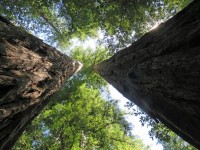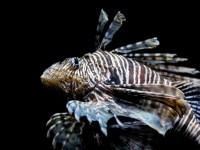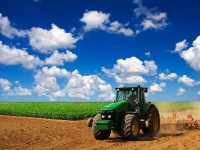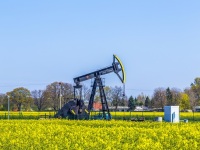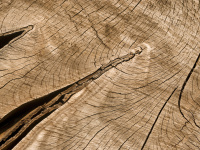I’m standing on a bridge in the Garcia River Conservation-Based Forest Management Project, a 24,000 acre tract, whose native redwoods have been almost entirely taken out for timber. Speaking to my group is Scott Kelly, Timberlands Manager with the Conservation Fund, who manages the forest. (The Nature Conservancy holds a conservation easement on the property.)…
Read more
VW Partners With Conservation Fund and 3Degrees to Manage and Restore Redwoods
